
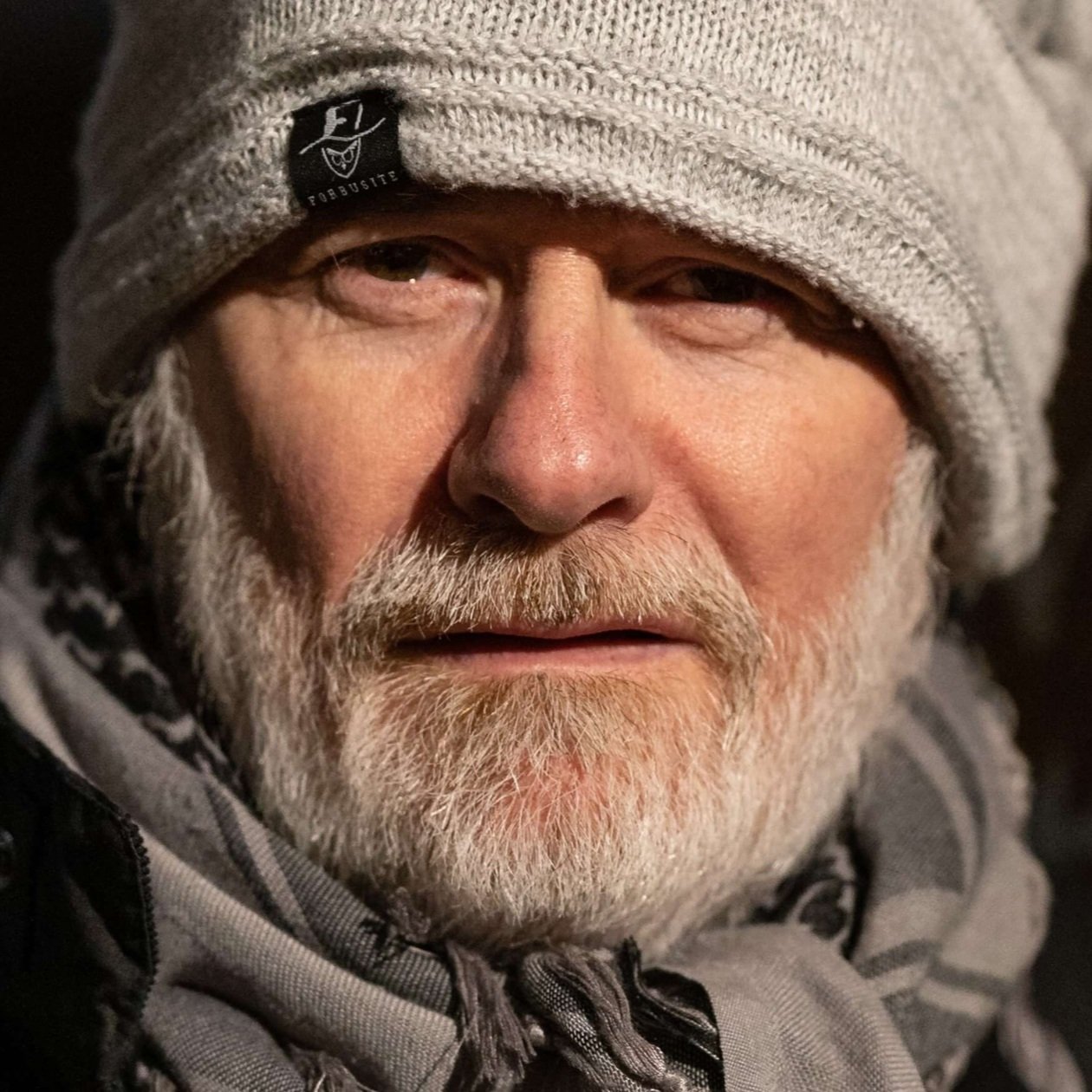



My Heart’s Memory Turns To You: Derek Jarman’s Blue
More last testament than love letter, Derek Jarman’s 1993 experimental film Blue was as unique and challenging then as it continues to be today. More radio play than movie, it’s 79 minutes of an entirely blue saturated screen, over which two interwoven stories braid together to weave a story of Jarman’s recollected, daydreamed, restless experiences of living with AIDS in 1990s London, and the adventures of blue itself as a color and a character. Punctuated throughout are the ghostly names of Jarman’s former friends and lovers already lost to the disease.

My One & Only Love: Leaving Las Vegas
Every time I go to Las Vegas, usually for work to spend time in a light-locked, soulless conference room listening to the obvious masquerading as professional advice, I think the same thing. That there’s a deep, longing melancholy to the place. A sadness behind the bright neon lights of the strip, the omnipresent din of the casinos, and the faces of those who’ve come to Sin City seemingly to let loose and get away from it all. Far from the oasis in the desert in promises, the city aches with loss. An unfulfilled hope of gambled pleasure, and drawn like moths to the flame by the flashing billboards, and where darkness never truly descends, we wander around in the half-light neon glow of the desperate attempts to separate us from our time and money.

Zbigniew Rybczyński's Orchestra
Today everyone lives in a high-definition world of 4k streaming, 1080p resolution graphics, and the seemingly endless technological horizon of greater and greater picture clarity. Zbigniew Rybczyński’s 1990 hour-long art film, The Orchestra is not this.
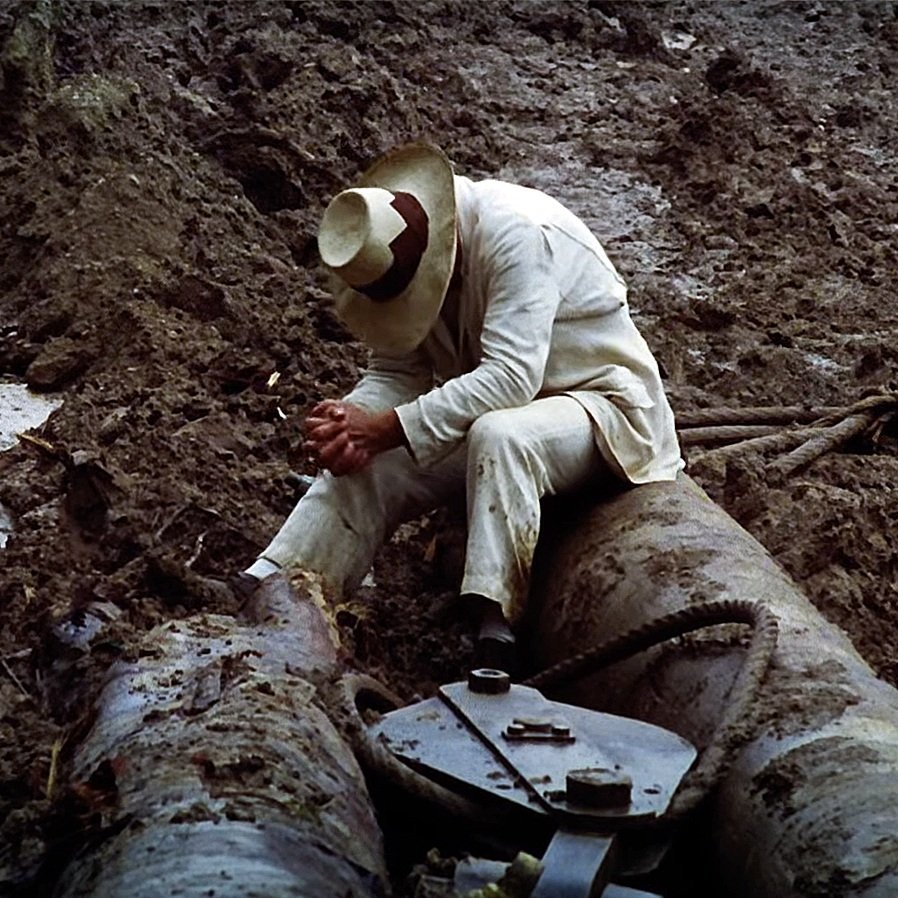
Fitzcarraldo’s Burden
German film director Werner Herzog often reminisces of the lost art of being able to trust our eyes. How everything we see in modern movies is informed by digital manipulation, sophisticated editing, and the sheer total commercial management of putting something on the screen. He laments the early days of cinema, where what was projected was so believable that, so the stories go, audiences would flee terrified from their seats at the prospect of a train coming towards the camera. Somewhere along the way, we lost this terror.

More War Than Peace: Sergei Bondarchuk’s 4 War & Peace Films (1966-67)
When older generations say that they don’t make movies like they used to, they’re talking about Sergei Bondarchuk’s War and Peace films, released between 1966 and 1967. An absolutely breathtaking series of four individual movies spread out over seven hours, they recount Tolstoy’s epic tale of Russian aristocratic and military perspective during the Napoleonic invasion of the early nineteenth century in elaborate, authentic and highly orchestrated detail.
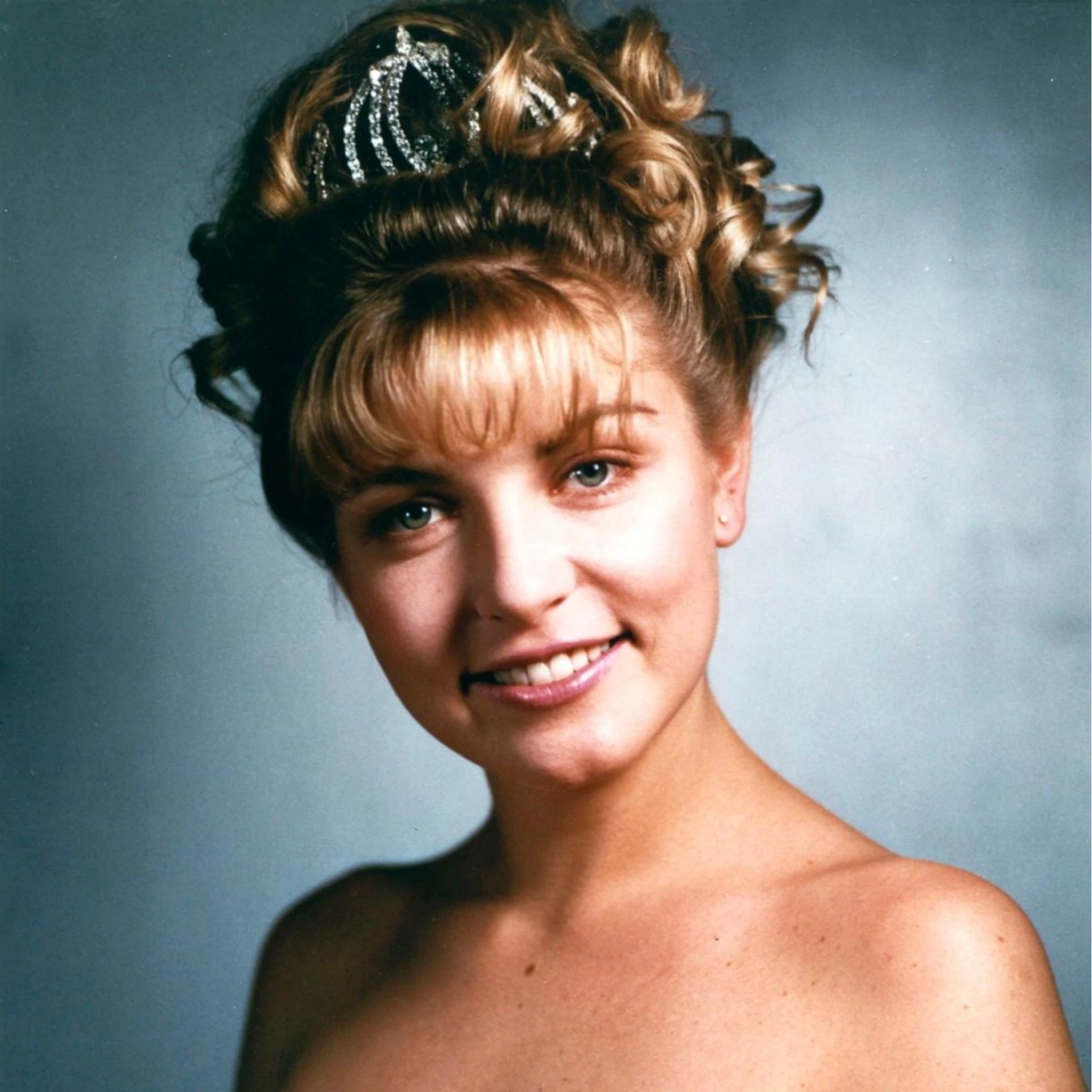
The Missing Pieces of Lynch's Pink Room
Attempting to adequately interpret David Lynch’s Twin Peaks is a fool’s errand, but since its release in 1990 it hasn’t stopped thousands of well-intentioned sleuths from trying. The attempts to connect the numerous disparate threads of story and character with broader themes of anything from societal collapse, the interpretation of dreams, alternate realities and autobiography itself have far eclipsed the original two seasons.
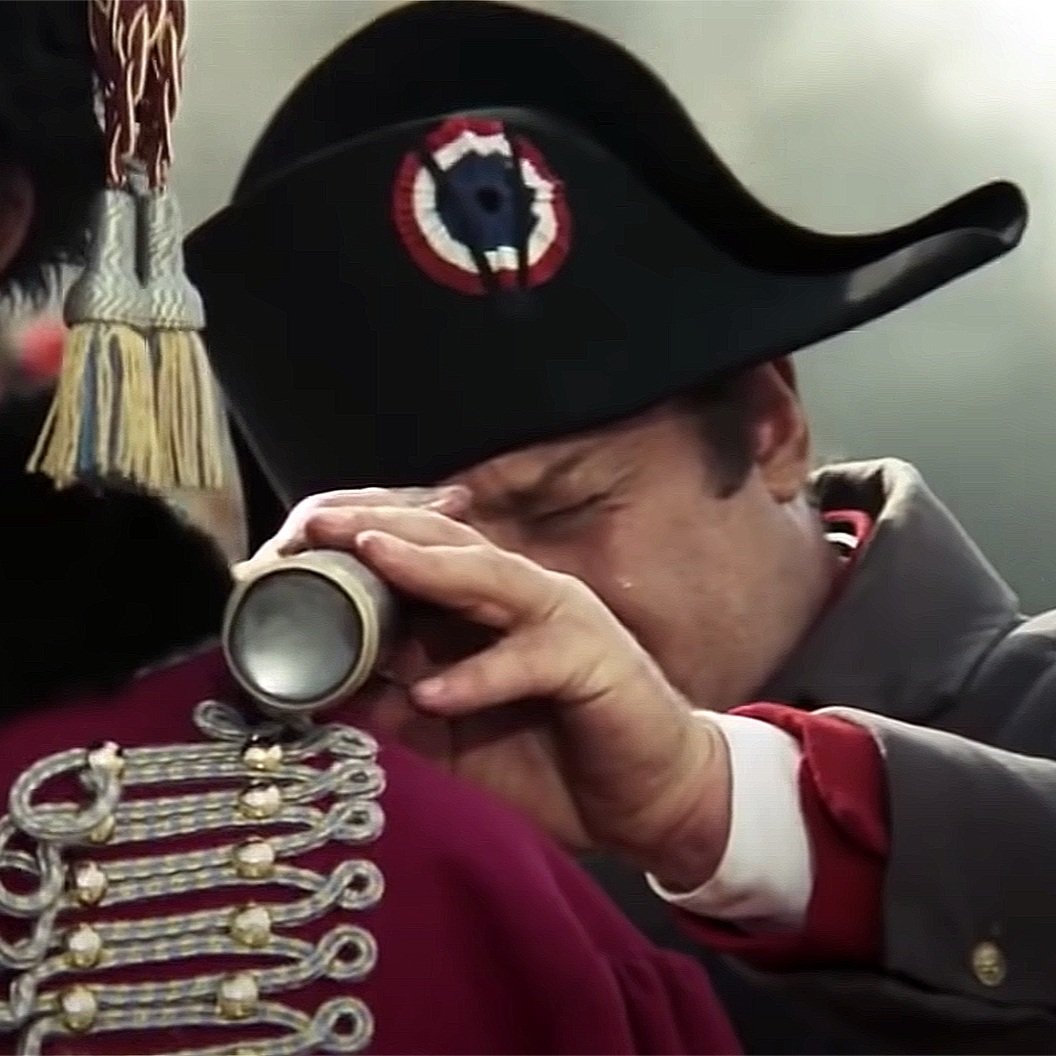
The Greatest Movie Never Made: Kubrick’s Napoleon vs. Bondarchuk’s Waterloo
In late 1969, Stanley Kubrick was busy. His career-defining 2001: A Space Odyssey had been an enormous directorial and technical success, he was in the middle of editing the dystopian A Clockwork Orange, and beginning to circle what he thought would be his next grand project, a definitive biographic story of Napoleon. Like all Kubrick projects, especially those following 2001: A Space Odyssey, the process for developing the script, and the sheer effort which went into the production was total. For years, Kubrick had planned to create a biographical film of Napoleon’s life, and had engaged hundreds of production staff in gathering as much information as possible about the era. From costumes, interiors, historical records, surviving written evidence, academic historiography, everything was completely exhaustive, and all of it would go into the creation of what Kubrick believed would be one of the greatest historical films ever made.
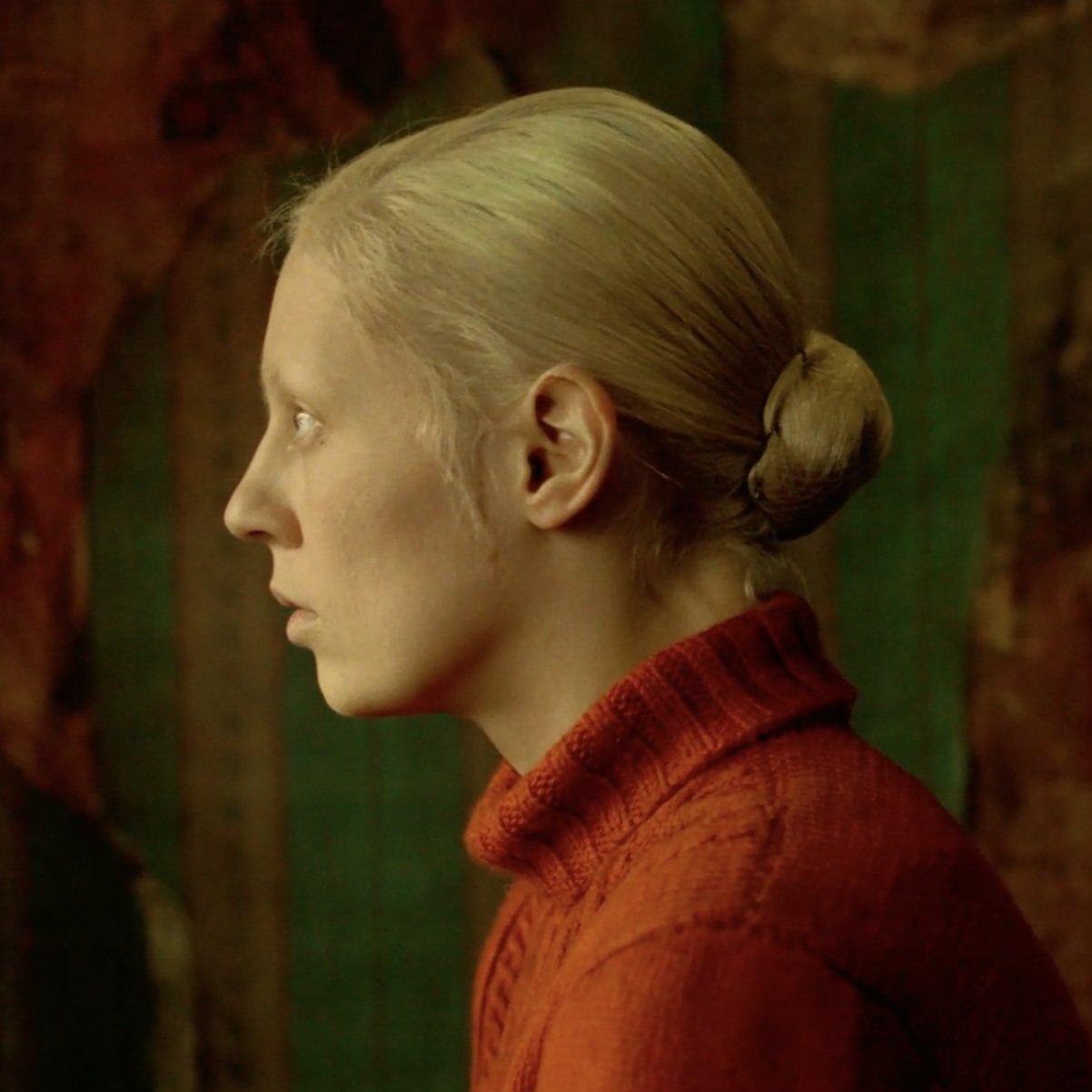
Beanpole’s Frozen Trauma
The icy Leningrad wind blows through the soulless, gray buildings. The equally soulless, gray people recovering from the immediate aftermath of The Second World War blow through the streets like torn pieces of newsprint. These frigid streets mask the squalid desperation of those who’ve survived, and look to make the transition into what will become the post-war Soviet socialist state. It’s a moment beautifully frozen in time, but also the moment we first meet Iya (played by the incredible Viktoria Miroshnichenko), frozen in place not by the weather, but by the temporary immobility of post-concussion syndrome. Her voice in close-up crackles and she trembles as her muscles spasm. All we hear is a distant ringing, and the drowned voices of the blurred figures she works with in the infirmary. The shot uncomfortably lingers. We are forced to watch ever closer, increasingly drawn into her suffering.

When You Know You’ve Made All The Right Choices: The Jigsaws of Puzzle
I think the best moments in movies are when it’s a cold, gloomy, rainy Sunday afternoon, and you decide to roll the dice on an independent movie at The Ritz based solely on the poster. You’re usually in there with a few other people, frequently older couples who smuggled in some sandwiches, perhaps also using the cozy embrace of the theater to get out of the elements. The theater runs through its usual collection of foreign language trailers, which often only serve as a great ‘wait… wasn’t he in that other thing?’ game that is guaranteed to torture you for the rest of the movie until you can safely put your mind to rest with some solid online sleuthing.

The Satisfaction of Barry Lyndon
I always think of Stanley Kubrick’s Barry Lyndon as the Kubrick movie everyone forgot. While it has all the signature trademarks of a Kubrick classic, from the emotional detachment that’s so cold it’s cool, to the innovative cinematic techniques, extreme points of tension and beautiful photography, it’s often eclipsed by his films that came before and after it.

Menace In The Air: The Opening of 'Once Upon A Time In The West'
The dust blows forward and the dust blows back, but menace is in the air. Three gunslingers arrive at Cattle Corner, a train station in the middle of the Old West, hours from civilization in either direction, and they mean business. Their business is killing, and business is good.
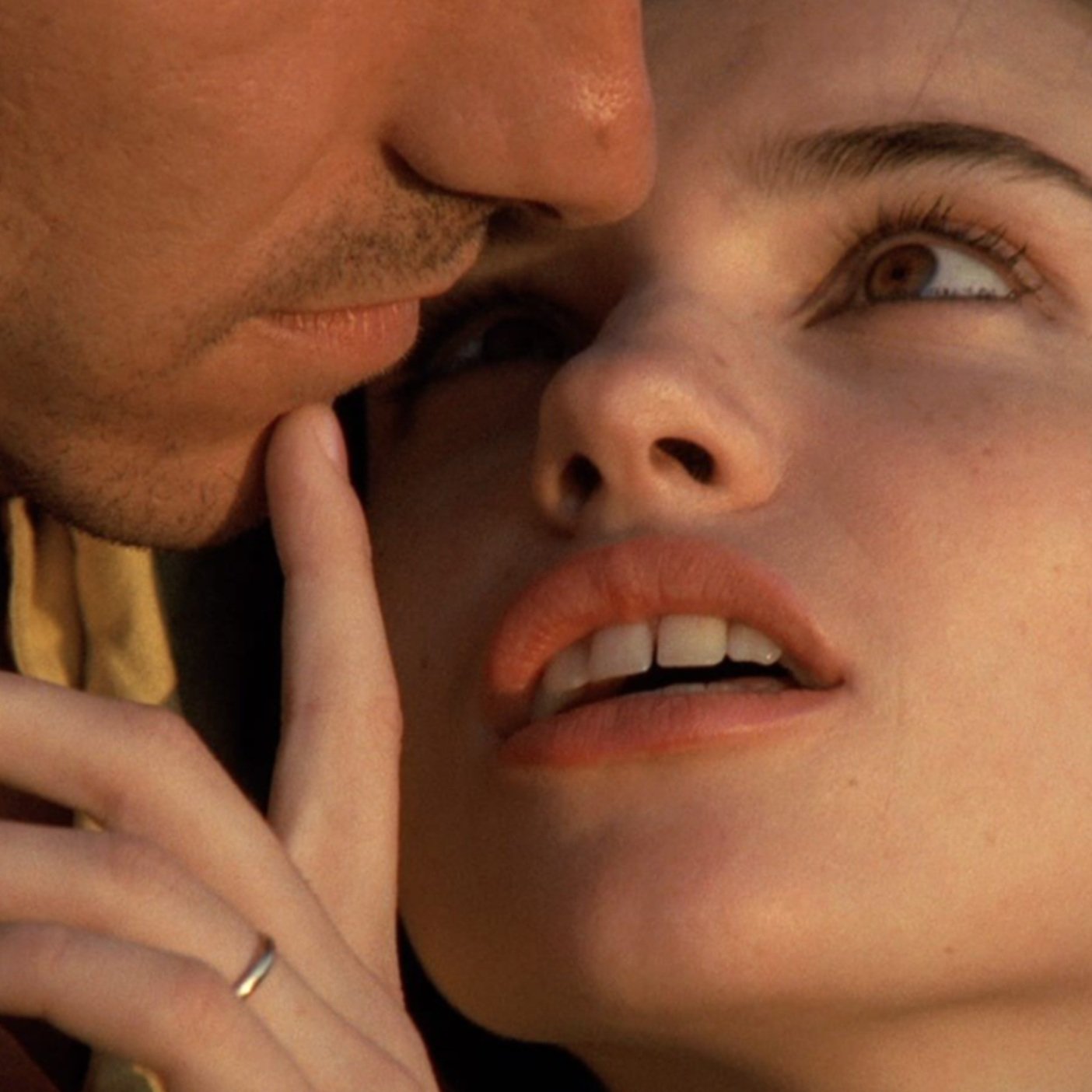
“We Screwed Every Night. The Forecast Was For Storms.” (Betty Blue)
I always forget how much I love Jean-Jacques Beineix’s 1986 Betty Blue. A perennial eighties student favorite, and often a gateway drug into modern French cinema, it has all the hallmarks of a movie which stays with you long after the credits roll. In my case, this has been decades, but I only recently watched it again after a very long hiatus. I still love it. Exquisite cinematography, the tempestuous, passionate, charged voltage of its two main characters, the haunting soundtrack, and best of all, just the wonderful original Philippe Djian storyline all combine perfectly into a tale of maddening, violent, deteriorating unraveling.

Seeing and Saw: The Best Moviegoing Moments
Of all the movies you’ve ever seen, how many of them can you specifically remember? Not just when and where you saw them, but who you were with, maybe even where you were sitting and what you chose to eat. For me there’s a lot of nostalgia tied up with doing this. I remember my life changing as a four year old being taken to see Star Wars in 1977 by my dad, as a special afternoon treat away from the hospital where I was undergoing long-term treatment for a collapsed lung.

Nobody Has A Future: Mike Leigh’s Naked
Bleak. Desperate. Violent. Acerbic. Mike Leigh’s Naked is as relevant in Post-Brexit Britain as it was almost thirty years ago upon release. It explores themes of misogyny, class, conspiracy and religion, and like most of Leigh’s films, refuses to resolve anything, leaving us to think about which side of history we want to be on. Filmed at the height of post-Thatcherite Conservatism, and in a particularly grim time for the country economically, culturally and with waning influence in the world, Naked could just as easily have been released this year to the same effect.

For God’s Sake Come Back: The Legacy of Zulu Dawn
Even in an era of reparation, celebrations of Empire are still remarkably commonplace for the English, and there’s a wealth of movies which still regularly air on British television that glorify its unsettling colonial past. The most common of these is Zulu (1964), which introduced Michael Caine to the world and depicts the bravery of around a hundred British soldiers in the overwhelming face of three thousand eponymous Zulu warriors. Quotes from the film have passed into common language, and even today it’s routinely held up as a model of Victorian colonial heroism and conquering of native resistance.

The Present (Is) Tense: Supermassive Studios' Dark Pictures Anthology
When I was a kid, I used to lose myself in the Fighting Fantasy ‘choose your own adventure’ books. I’d map out the best paths through the story, making copious notes on optimal outcomes with deadly creatures trying to cut my reading short and my limbs shorter. I’d play along with dice, and unlike my reckless friends, try not to skip ahead to see if my choices were the right ones. If I died, I started over, and there was a tremendous sense of achievement in being able to successfully remember how to get to the end with one’s life intact.